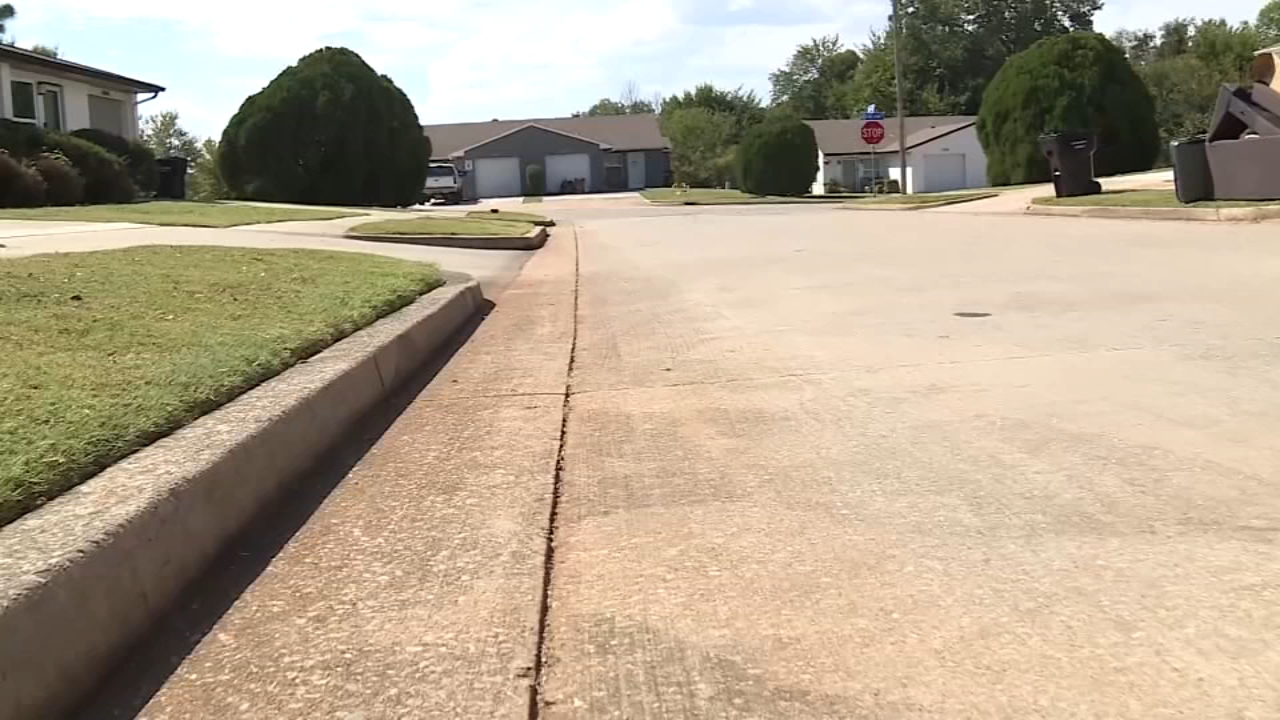Report on Funding Cuts to South Jersey Child Abuse Treatment Center and Implications for Sustainable Development Goals
Overview of Funding Reductions
The Child Abuse Research Education and Services (CARES) Institute at Rowan-Virtua School of Osteopathic Medicine in Stratford, a South Jersey treatment center providing free medical and mental health services to abused children, faces a significant budget reduction. Governor Phil Murphy’s proposed budget plan includes a 40% cut in the institute’s operating budget, amounting to a $1.85 million annual funding loss. This follows an $850,000 cut in the current fiscal year.
Potential Impact of Budget Cuts
- Closure of one of the institute’s two offices
- Employee layoffs
- Reduced access to vital services for children and families
These consequences threaten the institute’s ability to serve vulnerable children across seven southern New Jersey counties: Atlantic, Burlington, Camden, Cape May, Cumberland, Gloucester, and Salem.
Call to Action and Advocacy
Director Dr. Rachel Silliman Cohen emphasized the critical nature of restoring funding to the fiscal year 2024 level of $2.7 million in a letter to the Assembly Budget Committee. The institute urges advocates to contact state legislators to support full funding restoration before final budget approval.
Alignment with Sustainable Development Goals (SDGs)
- SDG 3: Good Health and Well-being
- Provision of trauma-informed medical evaluations and trauma-focused Cognitive Behavioral Therapy for abused children.
- Support for mental health and physical recovery of vulnerable children.
- SDG 16: Peace, Justice, and Strong Institutions
- Collaboration with law enforcement and child protection agencies to prosecute abuse cases.
- Support for legal and protective measures safeguarding children’s rights.
- SDG 5: Gender Equality
- Addressing issues related to human trafficking and exploitation, which disproportionately affect girls and young women.
- SDG 10: Reduced Inequalities
- Providing free services to marginalized and abused children, promoting equitable access to healthcare and justice.
Institute Services and Regional Importance
- Operates in Stratford and Vineland, serving as a regional diagnostic and treatment center.
- Offers specialized medical and mental health services, including trauma-informed evaluations and evidence-based therapies.
- Supports children affected by human trafficking; New Jersey reported a 56% increase in cases in 2024.
- Works closely with local law enforcement, county prosecutors, and the Division of Child Protection and Permanency.
Concerns from Law Enforcement and Prosecutors
A joint letter from county prosecutors highlighted that budget cuts would undermine multidisciplinary collaboration essential for identifying and supporting abused children. Reduced capacity at CARES would directly impair prosecution of child abuse and sexual abuse cases, threatening the protection of New Jersey’s most vulnerable residents.
Case Example Demonstrating Impact
The CARES Institute annually provides interventions to over 1,500 children. One example is “T,” an 8-year-old boy who, after years of severe physical abuse, received therapy and support at CARES. He showed significant emotional and physical recovery, illustrating the institute’s vital role in timely intervention and healing.
Government Response and Budget Context
Governor Murphy’s office did not comment directly on the proposed cuts but referred to the state’s Budget-in-Brief, which emphasizes necessary fiscal restraint to meet future commitments. Murphy acknowledged the difficulty of budget decisions while maintaining promises such as pension payments and public education funding.
Conclusion
The proposed budget cuts to the CARES Institute pose a serious risk to the health, well-being, and protection of abused and neglected children in southern New Jersey. Restoration of funding aligns with multiple Sustainable Development Goals, particularly those focused on health, justice, equality, and reducing inequalities. Advocacy efforts are critical to ensure continued support for this essential service.
1. Sustainable Development Goals (SDGs) Addressed or Connected
- SDG 3: Good Health and Well-being
- The article discusses the provision of free medical and mental health services to abused children, highlighting the importance of health and well-being.
- SDG 4: Quality Education
- The CARES Institute provides trauma-focused Cognitive Behavioral Therapy, an evidence-based treatment that supports mental health and development, indirectly contributing to educational outcomes.
- SDG 5: Gender Equality
- Addressing child abuse and exploitation, including human trafficking, often disproportionately affects girls and women, linking to gender equality issues.
- SDG 16: Peace, Justice and Strong Institutions
- The article emphasizes collaboration with law enforcement and prosecutors to protect children from abuse and neglect, supporting justice and strong institutions.
- SDG 10: Reduced Inequalities
- Providing free services to vulnerable children addresses inequalities in access to healthcare and justice.
2. Specific Targets Under the Identified SDGs
- SDG 3: Good Health and Well-being
- Target 3.4: By 2030, reduce by one third premature mortality from non-communicable diseases through prevention and treatment and promote mental health and well-being.
- Target 3.8: Achieve universal health coverage, including financial risk protection and access to quality essential healthcare services.
- SDG 4: Quality Education
- Target 4.2: Ensure that all children have access to quality early childhood development, care and pre-primary education so that they are ready for primary education.
- SDG 5: Gender Equality
- Target 5.2: Eliminate all forms of violence against all women and girls in public and private spheres, including trafficking and sexual and other types of exploitation.
- SDG 16: Peace, Justice and Strong Institutions
- Target 16.2: End abuse, exploitation, trafficking and all forms of violence against and torture of children.
- Target 16.6: Develop effective, accountable and transparent institutions at all levels.
- SDG 10: Reduced Inequalities
- Target 10.2: Empower and promote the social, economic and political inclusion of all, irrespective of age, sex, disability, race, ethnicity, origin, religion or economic or other status.
3. Indicators Mentioned or Implied to Measure Progress
- Number of children receiving medical and mental health services
- The article states the CARES Institute provides interventions to more than 1,500 children annually, which can serve as an indicator of service reach and coverage (related to SDG 3.8).
- Number of human trafficking cases reported
- The article references 11,999 human trafficking cases nationally with 269 in New Jersey, indicating tracking of trafficking incidents (related to SDG 5.2 and 16.2).
- Budget allocation and funding levels
- Changes in the institute’s funding ($2.7 million baseline, proposed cuts of $1.85 million plus $850,000) can be an indirect indicator of government commitment to these targets.
- Capacity for multidisciplinary collaboration
- The ability of the institute to collaborate with law enforcement and prosecutors is highlighted as essential for protection and prosecution, which can be measured qualitatively or quantitatively.
- Outcomes of children receiving therapy
- Examples such as the child “T” who improved emotionally and physically can be used as qualitative indicators of treatment effectiveness.
4. Table: SDGs, Targets and Indicators
| SDGs | Targets | Indicators |
|---|---|---|
| SDG 3: Good Health and Well-being |
|
|
| SDG 4: Quality Education |
|
|
| SDG 5: Gender Equality |
|
|
| SDG 16: Peace, Justice and Strong Institutions |
|
|
| SDG 10: Reduced Inequalities |
|
|
Source: nj.com






